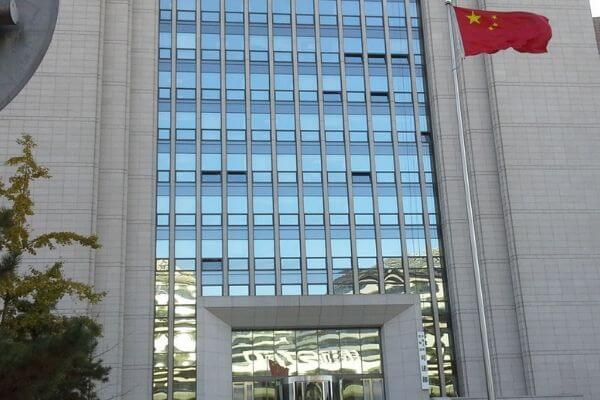
In June 2019, the Institute of Private International Law at China University of Political Science and Law held a seminar, in which the staff of China's Ministry of Justice introduced the current situation of China's judicial assistance and the changes to be made.
1. Number of Judicial Assistance Requests
According to the staff, in the past five years, China's Ministry of Justice has handled an average of about 3,000 requests for judicial assistance each year. Among others, China has received about 1,600 requests for judicial assistance from foreign countries per year, China has submitted about 700 requests for judicial assistance to foreign central governments per year, and China has made about 300 requests for judicial assistance through Chinese embassy or consulates abroad. Besides, China has replied about 500 requests for various kinds of consultations related to judicial assistance each year.
Among the over 3,000 requests for judicial assistance, about 98% are requests for service of documents. The average number of requests for taking evidence is about 40 per year, and the number of requests for recognition and enforcement of judgments is about 10 per year.
The countries involved in the request for judicial assistance include the member states of the Convention on the Service Abroad of Judicial and Extrajudicial Documents in Civil or Commercial Matters (the Hague Service Convention) and the Convention on the Taking of Evidence Abroad in Civil or Commercial Matters (the Hague Evidence Convention), as well as countries that have signed bilateral treaties on judicial assistance with China. The countries most involved include the United States, Germany, France, Italy, Japan, and South Korea.
The caseload of judicial assistance in civil and commercial matters handled by the central organization each year is far more than that of judicial assistance in criminal matters: the former is about 10 times as much as the latter. However, it is worth noting that China has signed 18 bilateral treaties on judicial assistance in civil and commercial matters, 36 treaties on judicial assistance in criminal matters, 19 treaties on judicial assistance in civil and criminal matters, 39 treaties on extradition and 12 treaties on the transfer of sentenced persons. Among the international conventions to which China is a party, the Hague Service Convention and the Hague Evidence Convention are the only two in the field of judicial assistance in civil and commercial matters, while in the field of judicial assistance in criminal matters there are nearly 20 international conventions, such as the United Nations Convention against Corruption and the United Nations Convention against Transnational Organized Crime. Therefore, the number of judicial assistance treaties in civil and commercial matters in China is far from enough.
2. The Efficiency of Service and Taking of Evidence
As for the time limit for service, according to Chinese laws, [1] the time limit for completing the service of a document is usually two months at most. However, in practice, it is usually more than one year.
Regarding taking of evidence, according to Chinese laws, evidence collection within the territory of China can only be completed by Chinese courts. Without the permission of the competent Chinese authority, no foreign authority or individual may investigate and collect evidence within the territory of China.
In practice, more than half of the foreign requests for taking of evidence need more than one year to be processed by Chinese courts. Among them, only a small number of cases have successfully obtained evidence, while the rest have failed. The reason for this situation is, on the one hand, that some cases are complicated and the request for the taking of evidence really needs a long time to complete. On the other hand, local courts are unfamiliar with international judicial assistance.
The inefficient handling of requests for service and evidence collection is largely attributed to the fact that China is now facing litigation explosion. For this reason, Chinese courts do not have sufficient resources to deal with these requests in due course.
3. How to Do in the Future
China's Ministry of Justice is developing a judicial assistance information system, which will enable foreign requesting parties to apply to the Ministry of Justice through online means, thus greatly facilitating the requesting parties.
Currently, the system of China's Ministry of Justice has not been connected to the SPC's judicial assistance information system. To this end, China's Ministry of Justice is promoting the interconnection of information systems with the SPC, so as to facilitate the Ministry of Justice to inquire about the court's progress in handling judicial assistance requests through the court information system in a timely manner to provide quick feedback to foreign requesting parties.
References:
[1]司法部、最高人民法院和外交部于1992年聯合頒發的《關于執行海牙送達公約的實施辦法》
Contributors: Guodong Du 杜國棟 , Meng Yu 余萌



